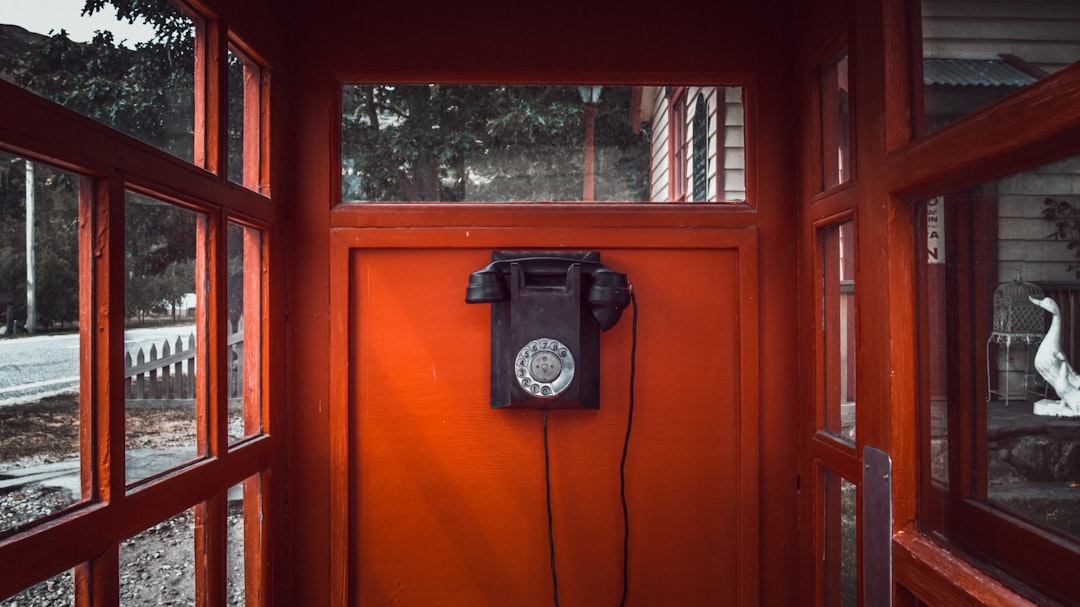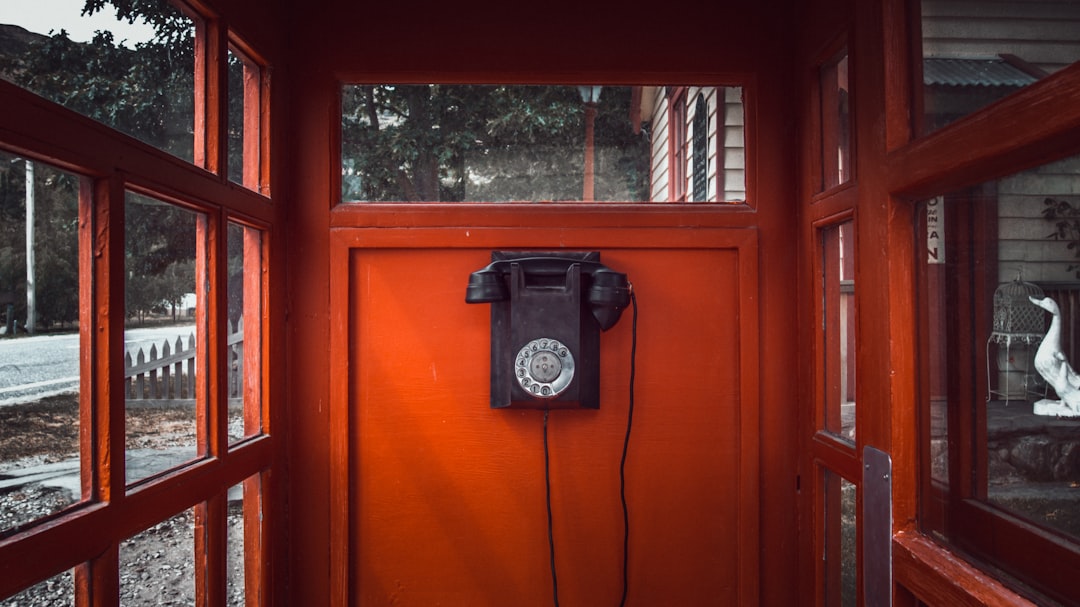Wisconsin's "no call" regulations protect residents from unwanted telemarketing, with strict rules varying by business type. Travel industry businesses in Wisconsin Dells collaborate with No Call Lawyers Wisconsin to ensure compliance, maintain customer trust, and avoid fines or lawsuits by implementing consent-based messaging and diversifying communication channels. Companies are adapting by focusing on digital strategies like email campaigns and social media engagement to remain competitive while adhering to regulations.
In Wisconsin Dells, a bustling travel hub, navigating no-call regulations is essential for businesses aiming to thrive. This article explores how local travel industry leaders adapt to these restrictions imposed by Wisconsin’s no-call laws. We delve into the legal implications and strategies to protect communications while preserving customer relationships. Understanding these dynamics, especially with the help of No Call Lawyers Wisconsin, can ensure businesses remain competitive and compliant in this vibrant tourism landscape.
Understanding No Call Regulations in Wisconsin

In Wisconsin, “no call” regulations are designed to protect residents from unwanted telemarketing calls and sales pitches. These laws restrict businesses from making automated or prerecorded telephone calls to consumers unless they have prior consent. Violating these regulations can lead to legal repercussions, which is why many companies in the travel industry seek guidance from No Call Lawyers Wisconsin to ensure compliance.
Understanding and adhering to these rules is crucial for travel agencies, hotels, and tour operators in Wisconsin Dells as it helps maintain customer trust and avoids potential fines. Businesses must be cautious when contacting customers, especially regarding promotions or sales calls, to avoid breaching these regulations.
Legal Implications for Travel Businesses

In Wisconsin, including the popular tourist destination Wisconsin Dells, businesses face strict regulations regarding telemarketing and no-call lists to protect consumers from unwanted calls. These rules are enforced by the Wisconsin Department of Agriculture, Trade, and Consumer Protection (DATCP). Travel industry professionals must be well-versed in these laws to avoid legal repercussions, especially with potential customers increasingly listing ‘Do Not Call’ as a priority.
No Call Regulations can vary based on the type of business and its marketing practices. Travel agencies, tour operators, and accommodation providers must ensure they obtain proper consent before contacting clients or risk facing fines and lawsuits from No Call Lawyers Wisconsin. These legal professionals specialize in representing consumers and businesses affected by telemarketing violations, emphasizing the importance of compliance for travel companies to maintain a positive reputation and avoid costly settlements.
Strategies to Comply and Protect Communications

In navigating No Call regulations, the travel industry in Wisconsin Dells has implemented diverse strategies to ensure compliance while protecting their communications with customers. Many businesses have turned to specialized marketing firms and no-call lawyers Wisconsin for guidance on crafting effective communication plans that adhere to legal boundaries.
These strategies involve refining customer data management practices, prioritizing consent-based messaging, and employing alternative communication channels like email and text alerts. By adhering to these measures, travel industry players in Wisconsin Dells can maintain open lines of communication with their clientele while avoiding potential legal pitfalls associated with unsolicited calls or messages.
The Impact on Customer Engagement and Retention

The implementation of no-call regulations has significantly impacted how businesses in the travel industry in Wisconsin Dells approach customer engagement and retention strategies. These laws, designed to protect consumers from unwanted telemarketing calls, have forced companies to rethink their marketing tactics. Travel agencies and tour operators can no longer rely on traditional phone outreach, which means finding alternative ways to connect with potential clients is essential.
This shift has prompted many Wisconsin Dells travel businesses to focus more on digital marketing, email campaigns, and personalized content to build relationships with customers. They are leveraging social media platforms and online review sites to showcase their offerings and engage with travelers. By providing valuable information, offering exclusive deals, and fostering a sense of community, these businesses aim to capture the interest of clients without breaking any regulations. Such strategies not only ensure compliance but also enhance customer loyalty by creating a more interactive and tailored experience.






